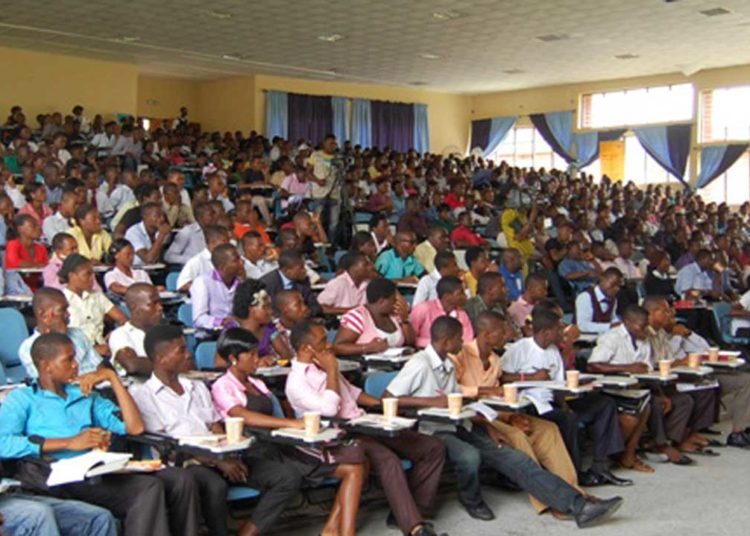To reduce poverty and improve economic development in the Niger Delta, the Foundation for Partnership Initiative in the Niger Delta (PIND), on Thursday, said it facilitated 10,471 new jobs for Niger-Delta inhabitants in 2021.
In its 2021 Annual Report released last week by the development organisation, PIND facilitated the jobs across five agricultural value chains such as aquaculture, cassava, cocoa, palm oil, poultry and an enterprise development project in which the Market Systems Development (MSD) project intervenes.
PIND’s Market Systems Development (MSD) project works through a network of trained and incentivised market system actors (service providers, agro-dealers, input companies, fabricators, equipment dealers, financial institutions, etc.) to support farmers and small businesses in the Niger Delta region to improve their productivity, increase their incomes and create new jobs.
“PIND’s work as a long-time, independent development resource in the Niger Delta has empowered the region’s communities, bestriding age, ability, education, gender, location, or status,’’ said PIND’s Executive Director, Tunji Idowu. He continued, “our programmes deliver the financing, information, linkages, mindsets, skills, technologies, and tools that have proven to improve lives and livelihoods.”
Through its MSD project, PIND implement interventions that address the root causes of market failure and ensure that farmers and related businesses have the essential elements such as quality inputs, best farming & business practices, efficient technologies, new markets, and funding to increase their business and maximize profit.
The report revealed that N10.75 billion was invested in its MSD value chains by public and private sector actors and N71 million in grants distributed to Delta State Nigeria implementing partners to provide more than 580 youth with technical and vocational education and training
The report stated that N466.7 million was saved by community users of facilitated renewable energy solutions; with women-run households and businesses making up 62 per cent of first-time beneficiaries.
“N71million in grants distributed to Delta State Nigeria implementing partners to provide more than 580 youth with technical and vocational education and training and more than 113,300 people reached with gender equity and social inclusion messaging (GESI) about opportunities for women and persons with disabilities (PWDs),” the report revealed.
PIND Board of Trustees chairperson, Rick Kennedy, therefore, urged stakeholders to invest in addressing unemployment and poverty in Nigeria, especially in the Niger Delta region of the country.
“As the landscape in which we work evolves and still presents challenges—such as funding opportunities being redirected out of the Niger Delta —it is even more apparent that multiple partners and stakeholders in all sectors must come together to address the needs of the region,” he said.
We’ve got the edge. Get real-time reports, breaking scoops, and exclusive angles delivered straight to your phone. Don’t settle for stale news. Join LEADERSHIP NEWS on WhatsApp for 24/7 updates →
Join Our WhatsApp Channel










